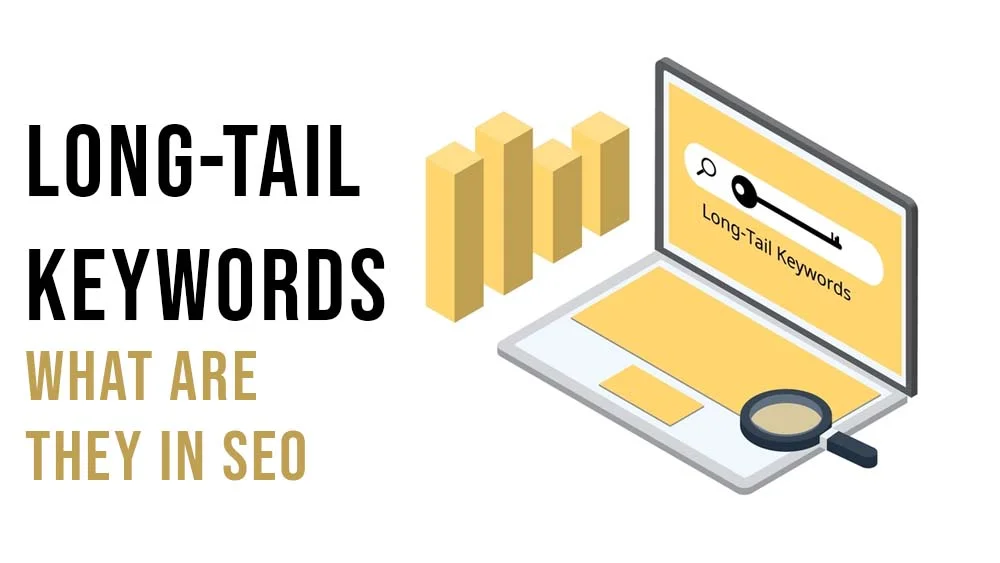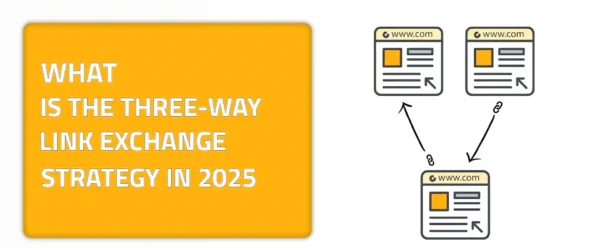SEO is a word or rather some letters that you might have encountered a lot when searching for top ways of creating a good or rather an excellent marketing strategy for your website. This is a word that you should focus on and create a good knowledge index for yourself. Long-tail keywords are just one type of keyword that is used as a way of SEO optimization. However, they are so important to learn and understand and that is why I created a full, comprehensive guide for them.
So what are long-tail keywords? You know this is the exact definition of “being specific.” Generally speaking, this is one of the top-used strategies for ranking or making your website rank easily on search engines. Some leading websites, who have worked on their ranking strategies before you were even born, have made it easy for themselves to rank with a word or two. But when it comes to broader searches that will point out your website, things can get a little tricky there.
Your website can be very successful with relevant content that can point your audience to what they need from your target niche; however, if you think about it, a broad term, for example, like the words “no-code,” can actually be hard to rank with.
In this guide, I’ll explain to you how to rank easily using long-tail keywords. We will uncover what they are exactly and what the top methods are for implementing them. Delve deep with me and get to learn what are long-tail keywords in SEO.
A Quick Definition of Long-Tail Keywords
Long-tail keywords are three words that describe themselves clearly without needing much explanation. However, for the sake of having a full understanding of what they are, here is a comprehensive explanation and definition of them. These are longer and much more specific phrases that people may use to search for something when they actually have a clear idea of what it is that they want or need. Let me walk you through a hypothetical situation here. One that will allow you to understand more regarding what I mean. Imagine searching for the words “iPhones,” which in the dictionary of SEO is considered a “short-tail keyword” or “head keyword.”
When you search for such a general word that may carry a lot of search pages that are infinite about iPhones, you’ll find endless pages to browse and read. Instead, you can specify your search journey with a long-tail keyword like “best budget iPhones for student usage,” for example. This will take you to a whole other level of specifications and varied search result pages yet ones that are related to budget-friendly iPhones for students and their usage.
Bottom line is? The longer the word or the phrase, the more value that you gain from search engines. Moreover, long-tail keywords face less competition and often lead to higher conversion rates. They also tend to cater to more focused search intent, meaning users are more likely to find exactly what they need, and not only that, they also take action. So, the moral of the story and the final conclusion for this definition paragraph are that long-tail keywords allow businesses to cut through the noise and reach their ideal audience in a more effective way. What’s not to like with that?
The Importance of Long-Tail Keywords in SEO
So what are the benefits of long-tail keywords? Surely if I am dedicating a full guide for them, that means that they are so important. If you’re a regular reader for our blog, you’ll know that I thrive on dedicating a full paragraph for the benefits of whatever I am writing about. There is something that is so satisfying and valuable about sharing the benefits that you get from anything that you search for. And for that reason alone, here are some of the top benefits that you get from long-tail keywords. Long-tail keywords help you rank higher, that is, with less effort done in general.
This is something that will give you a great advantage in today’s competitive digital landscape. One that is always striving to make more websites rank higher in search engines. That is, since fewer websites are competing for these precise terms, you stand a better chance of appearing on the first page of search results, where most clicks happen. But that’s just the beginning.
Long-tail keywords also allow you to tap into niche markets and capture searchers with very specific needs. This means that you may attract visitors who are further along in their “search” journey. Ones who are ready to take action. Another key benefit is that long-tail keywords make your content more relevant to what people are actively searching for. Search engines like Google prioritize user experience, and by answering detailed, specific queries, you’re not only improving user satisfaction but also boosting your authority and credibility in your niche. Long story short, they are better than head keywords in terms of ranking and specifying search results for web surfers.
Top Ways to Find Long-Tail Keywords In an Efficient Way
So, what are the top ways of finding good long-tail keywords that will help you rank? There are a million ways that I can list for you. However, let me tell you some of them that will be effective enough for you. So, as I mentioned above, long-tail keywords are phrases that consist of three or more words.
Put into consideration that these keywords may not get you the same traffic that you need that shorter keywords can; however, if you’re targeting users who tend to be more specific with their search and tend to go further with their buying process, then this keyword strategy is definitely for you. The question still remains: Why are long-tail keywords so important? Well, let me give you a straightforward answer. They are important because they connect you with users who know exactly what they need.
So, how do you find these valuable keywords? Here are a few key methods:
- Keyword Research Tools: Platforms like Google Keyword Planner or Ahrefs can help you discover long-tail keyword ideas based on search volume and competition.
- Analyzing User Queries: Pay attention to what your audience is asking. Tools like AnswerThePublic or even your website’s search bar can reveal popular, specific questions.
- Competitor Analysis: What keywords are your competitors ranking for? Tools like SEMrush can help you spot long-tail opportunities they might be using, giving you a chance to target similar phrases.
So now that you know exactly what you need to do in order to find valuable long-tail keywords, let us dive further into some examples of long-tail keywords.
The Full-Example Handbook for Long-tail Keywords
Long-tail keywords can vary greatly depending on the industry you’re targeting. However, they all share a common goal: precision and, well, being specific. Let’s look at a few examples. If you’re in the fitness industry, instead of targeting the word “yoga,” which is a highly competitive term, you might focus on something like “yoga for beginners with back pain.” This type of keyword speaks to a very specific audience. Your audience here in this example is people looking for beginner-friendly routines that address their back pain. Ones who would like to simply keep it safe and reach whatever they need from their search.
Let’s take another example that is related to the travel industry. Instead of using “beach vacation” as your head keyword, you can use a long-tail keyword like “best family-friendly beaches in Long Island with affordable hotels.” This simply allows users to have a list of narrowed-down search results. Additionally, it addresses user needs in one go. See? It can make all the difference.
How can you naturally incorporate these long-tail keywords into your content? Simply write with your audience in mind. For example, instead of using the method of keyword stuffing as in writing “yoga for beginners with back pain” into every paragraph, you could create a blog post titled “The Best Yoga Poses for Beginners with Back Pain” and let the keyword flow naturally. This is another great tip for crafting professional content that will help you with your ranking strategy greatly.
Wrapping It Up!
Now that you’re aware of everything that is related to long-tail keywords, it’s time I point you to another game changer that will help you with your SEO journey. Our platform, linkexchange.ai will help you broaden your SEO horizons and allow you to connect with various domains of high authority. You can leverage those big market players to acquire or exchange links with them. Moreover, you can use one of those great SEO services that we offer, from link exchange to guest posting, in order to rank higher and increase your exposure rate. Interested in boosting your website’s SEO? So are we; sign up now and leave the rest for us!










